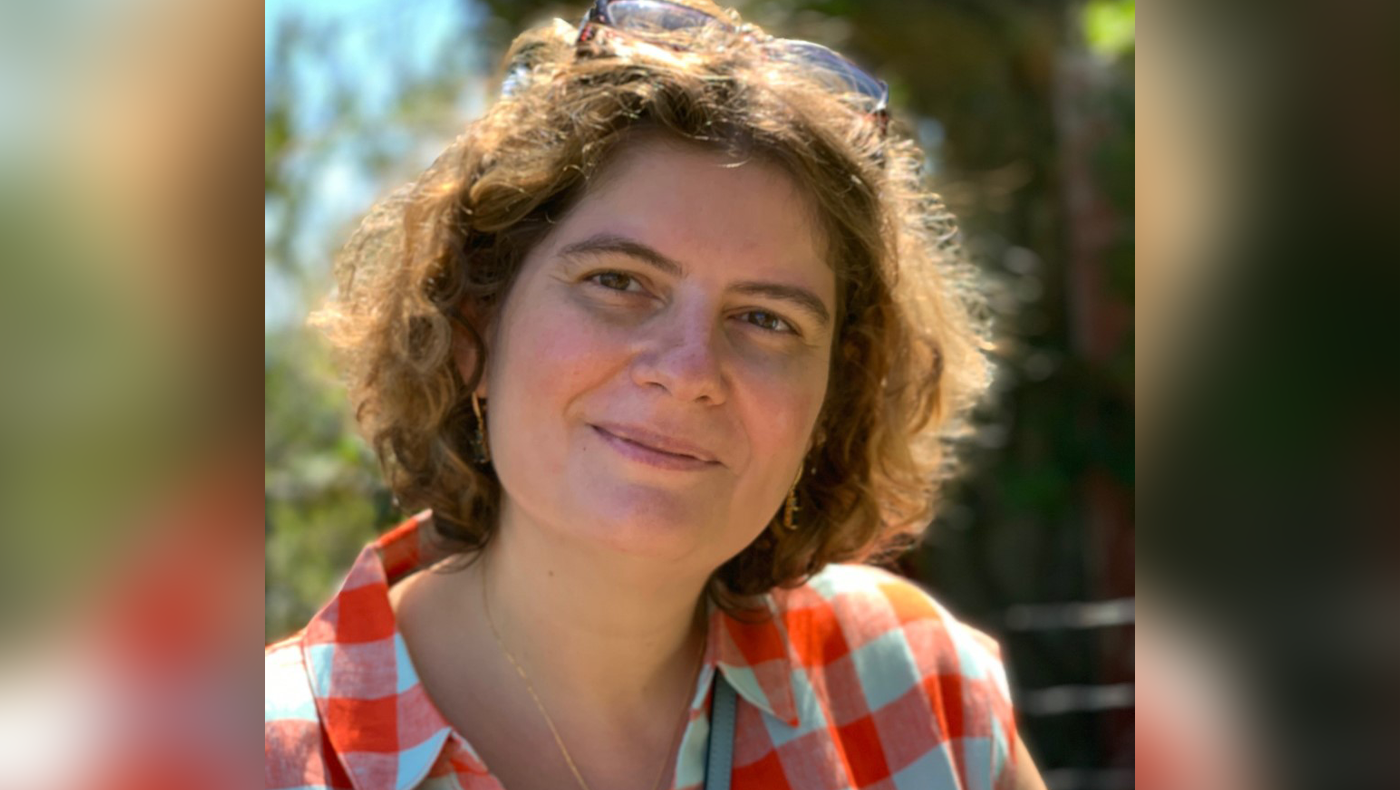Andreia Ionescu, a biology professor at Northeastern, recently won the 2023 NSF CAREER Award for her project: Understanding how the hierarchical organization of growth plate stem cells controls skeletal growth. Please read about how she narrowed her focus to skeletal biology and the revolutionary research happening at Northeastern.
Can you tell me how you came to specialize in skeletal biology and tissue regeneration? What piqued your interest?
I became interested in skeletal biology as a graduate student at the University of Rochester. There, I joined the orthopedics department for my PhD. The orthopedics department had a large center for musculoskeletal research, comprised of both MDs and PhDs, so it was an exciting experience to see how an orthopedic surgeon would essentially work part-time in clinics, see patients, and come up with problems that could be solved in the lab. That’s how I developed an interest in skeletal biology and pathology.
What does your lab, the Ionescu Lab, at Northeastern focus on?
In my lab, we focus on the epigenetic regulation of skeletal development and disease. Our research spans across several key areas: skeletal remodeling, where we aim to unravel the gene signature at the cartilage/bone interface; skeletal pathology, aimed at comprehending the sequence of events driving osteoarthritic cartilage degradation; and skeletal regeneration, focused on exploring the involvement of adult stem cells in rebuilding damaged tissue following injury. Our central effort is to advance understanding and treatment of skeletal disorders.
Can you elaborate more on your research that led to the NSF CAREER award?
Our laboratory recently identified the stem cell hierarchy within the growth plate cartilage, characterized by a population of FoxA2+ long-term stem cells and a PTHrP+ population of short-term stem cells. The overall objective of the CAREER award is to determine how skeletal growth is terminated through modulation of the growth plate stem cells depletion.
What will the NSF CAREER award assist you with?
The NSF funding will facilitate the generation of preliminary data to enhance our comprehension of skeletal growth regulation. If successful, this research shows potential for developing biomechanical or pharmaceutical interventions aimed at preventing or reversing stunted skeletal growth in children with diverse pathologies in the future.
What are your goals for this year regarding this project?
We aim to finalize and publish the results of a comprehensive transcriptomic study. This effort will facilitate the discovery of gene signatures linked with different stem cell populations in adult cartilage. It will also enable us to explore the factors contributing to the enhanced self-renewal of the long-term stem cells.
How do you feel about conducting your research at Northeastern? How has Northeastern supported you with your project?
Northeastern University has a distinctive and robust educational component, notably through resources like the Center for STEM Education and the Community-Engaged Teaching and Research Center. These resources provide excellent support for writing NSF proposals, making it easy for me to access valuable educational resources established by the university.

